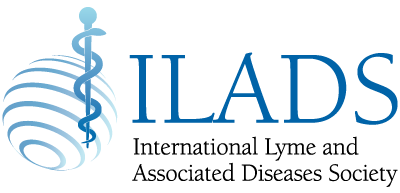Degree Definitions
In order to facilitate matching your medical needs with a provider, below is a list of the most prevalent types of degrees and what they mean.
MD – Medical Doctor.
Person licensed to practice medicine. Medical Doctors must complete 4 years of allopathic medical school after completing a 4 year bachelor’s degree. After medical school, Medical Doctors complete a 3-7 year Residency in their specialty. MD’s have full prescribing privileges and require no supervision.
DO – Doctor of Osteopathic Medicine.
Person licensed to practice medicine. Doctors of Osteopathic Medicine must complete 4 years of osteopathic medical school after completing a 4 year bachelor’s degree. After medical school, Doctors of Osteopathy complete a 3-7 year Residency program in their specialty. DO’s have full prescribing privileges and have the same licensing requirements as MDs but their training has a more holistic philosophy and includes osteopathic manipulation instruction.
ND – Naturopathic Doctor
Naturopathic doctors (NDs) are educated and trained at four-year naturopathic medical colleges that are accredited by the CNME (Council on Naturopathic Medical Education) and have passed professional board examinations administered by the North American Board of Naturopathic Examiners (NABNE) in order to become licensed. In addition to a standard medical curriculum, a naturopathic doctor studies clinical nutrition, homeopathic medicine, botanical medicine, psychology, and counseling. Naturopaths are able to prescribe medications in some states, as well as order and interpret labs and imaging.
NP– Nurse Practitioner
APRN - Advanced Practice Nurse Practitioner
DNP – Doctor of Nursing Practice
Nurse Practitioners have a master’s degree in nursing (or, some, such as DNPs, have a doctorate in nursing) who are trained to diagnose and manage medical conditions. NPs have similar prescribing rights as MDs but their degree of independence (ability to work without a supervising physician) varies by state.
PA – Physician Assistant
Physician Assistants have a 2 year master’s degree. They are nationally certified and state licensed medical practitioners who works on a health care team. Each individual state determines the scope of practice for a PA. Most have full prescribing rights but must work under the supervision of a licensed physician.
DC – Doctor of Chiropractic
World Federation of Chiropractic defines a doctor of chiropractic as “A health profession concerned with the diagnosis, treatment and prevention of mechanical disorders of the musculoskeletal system, and the effects of these disorders on the function of the nervous system and general health. There is an emphasis on manual treatments including spinal adjustment and other joint and soft-tissue manipulation.” Chiropractic school is 4 years of training and requires at least 3 years of undergraduate education. DCs cannot write prescriptions for medications.
RN – Registered Nurse
Graduate of a nursing program who has passed their licensing boards. Vital member of a health care team who assists in patient care.
BSN – Bachelor of Science of Nursing
Graduate of 4 year undergraduate education in nursing. Must pass their licensing boards. Has a higher level of education than that of an RN. Vital member of a health care team who assists in patient care.
PhD – Doctor of Philosophy
Highest degree awarded for advanced research in a particular subject. A PhD takes at least 8 years of schooling to complete. No prescribing rights, not a Medical Doctor.
